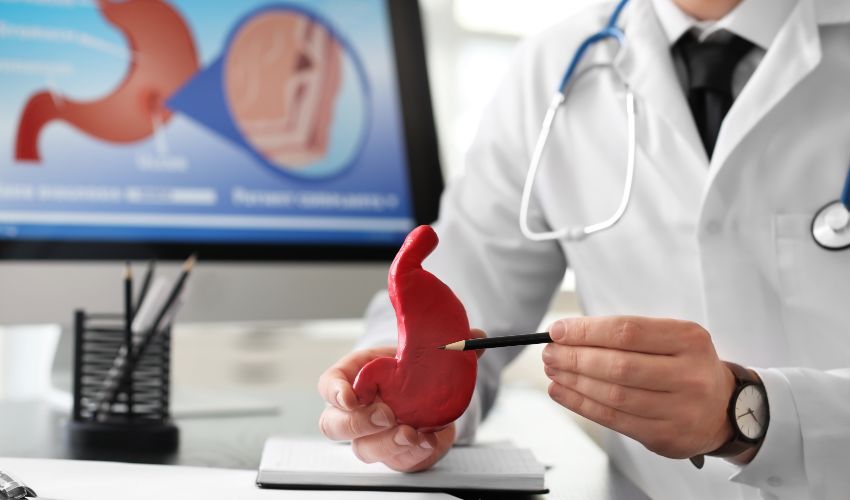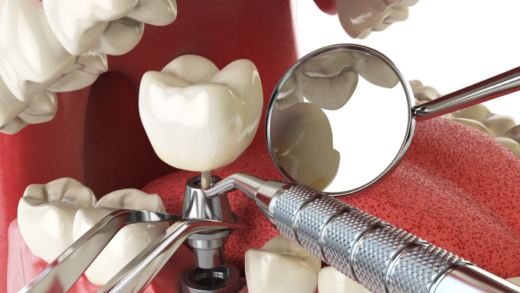Digestive issues are a common problem that affects millions of people worldwide. These issues can cause discomfort, pain, and even lead to serious health problems if left untreated. In this article, we will explore the causes, symptoms, and treatment options for common digestive issues.
What are Digestive Issues?
Digestive issues refer to any problems related to the digestive system, which includes the stomach, small and large intestines, liver, pancreas, and gallbladder. Common digestive issues include:
- Acid Reflux: A condition in which stomach acid backs up into the esophagus, causing heartburn, chest pain, and difficulty swallowing.
- Irritable Bowel Syndrome (IBS): A chronic condition that affects the large intestine, causing abdominal pain, bloating, and changes in bowel movements.
- Inflammatory Bowel Disease (IBD): A group of conditions that cause inflammation in the digestive tract, including Crohn’s disease and ulcerative colitis.
- Constipation: A condition in which bowel movements are infrequent or difficult to pass.
- Diarrhea: A condition in which bowel movements are loose and watery, often accompanied by stomach cramps and nausea.
Causes of Digestive Issues:
Digestive issues can be caused by a variety of factors, including:
- Diet: Eating a diet high in fat, sugar, and processed foods can lead to digestive issues.
- Stress: Chronic stress can affect the digestive system and lead to digestive problems.
- Infections: Bacterial and viral infections can cause digestive issues, such as diarrhea and vomiting.
- Medications: Certain medications can cause digestive issues as a side effect.
- Genetics: Some digestive issues, such as IBD, have a genetic component.
Symptoms of Digestive Issues:
The symptoms of digestive issues vary depending on the specific condition. Some common symptoms include:
- Abdominal pain and cramping
- Bloating and gas
- Nausea and vomiting
- Diarrhea or constipation
- Heartburn and acid reflux
- Changes in bowel movements

Treatment Options for Digestive Issues:
Treatment for digestive issues depends on the specific condition and its severity. Some treatment options include:
- Diet and Lifestyle Changes: Making changes to your diet and lifestyle can help alleviate symptoms of digestive issues. This may include eating a high-fiber diet, avoiding trigger foods, and managing stress.
- Medications: There are several medications available to treat digestive issues, such as antacids for acid reflux and anti-diarrheal medications for diarrhea.
- Surgery: In some cases, surgery may be necessary to treat digestive issues, such as in the case of severe IBD.
FAQs:
Can stress cause digestive issues?
Yes, chronic stress can affect the digestive system and lead to digestive problems.
Are there any foods that can help with digestive issues?
Yes, foods high in fiber, such as fruits, vegetables, and whole grains, can help alleviate symptoms of digestive issues.

What medications are available to treat digestive issues?
There are several medications available to treat digestive issues, such as antacids for acid reflux and anti-diarrheal medications for diarrhea.
Can digestive issues lead to more serious health problems?
Yes, if left untreated, digestive issues can lead to more serious health problems, such as malnutrition and dehydration.
Can surgery be used to treat digestive issues?
In some cases, surgery may be necessary to treat digestive issues, such as in the case of severe IBD or when other treatments have failed.
Conclusion:
Digestive issues can be a source of discomfort and pain, but they are also a common problem that many people face. By understanding the causes, symptoms, and treatment options for common digestive issues, you can take steps to manage your symptoms and improve your quality of life. If you are experiencing digestive issues, be sure to speak with your healthcare provider to determine the best course of treatment for you. With proper management and care, you can live a happy and healthy life free from digestive issues.






















